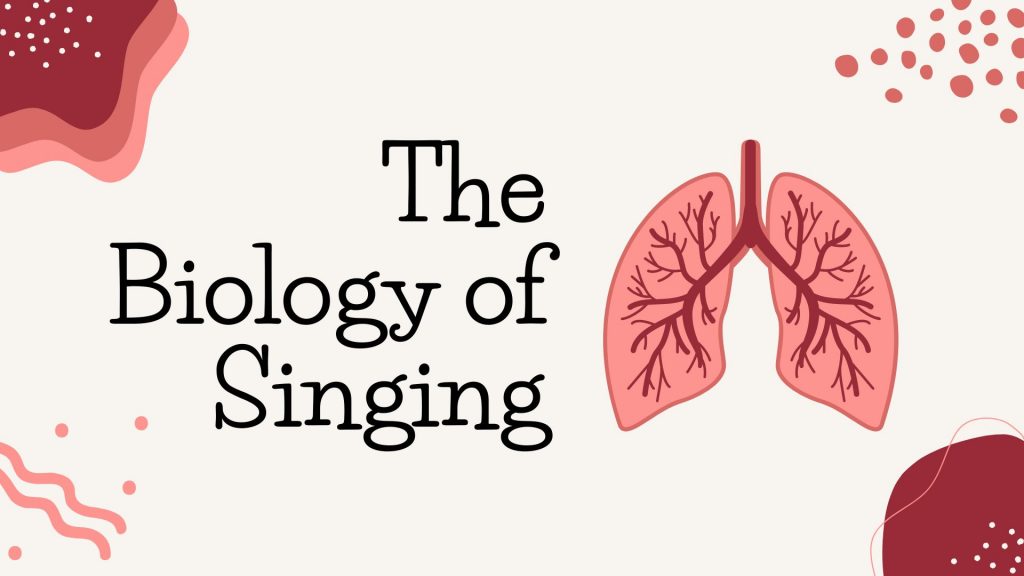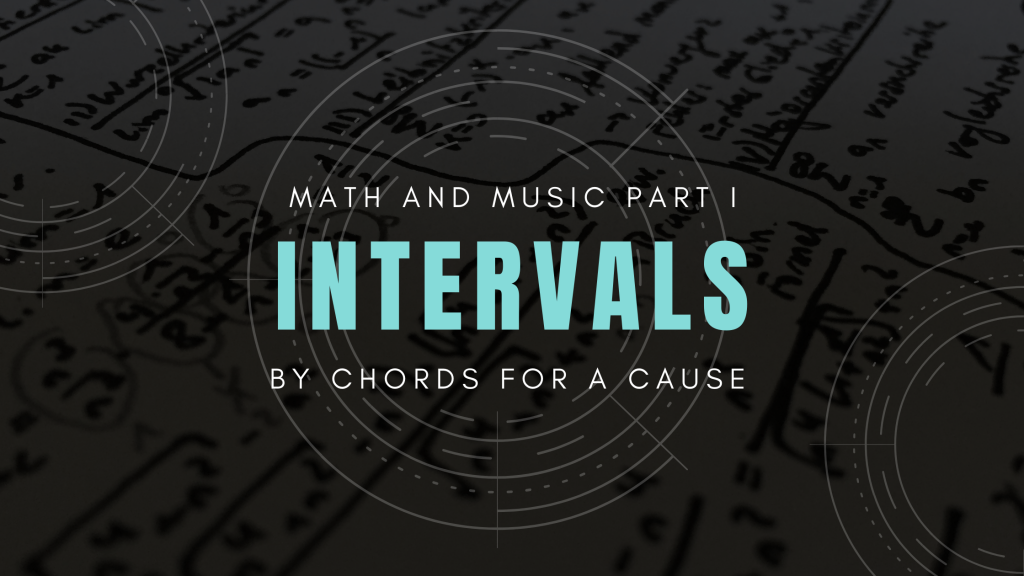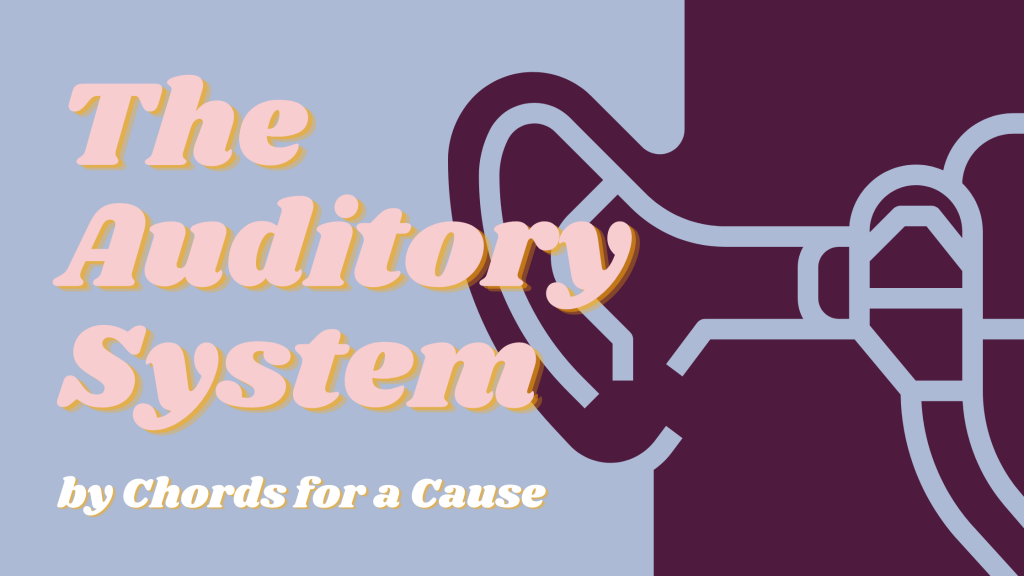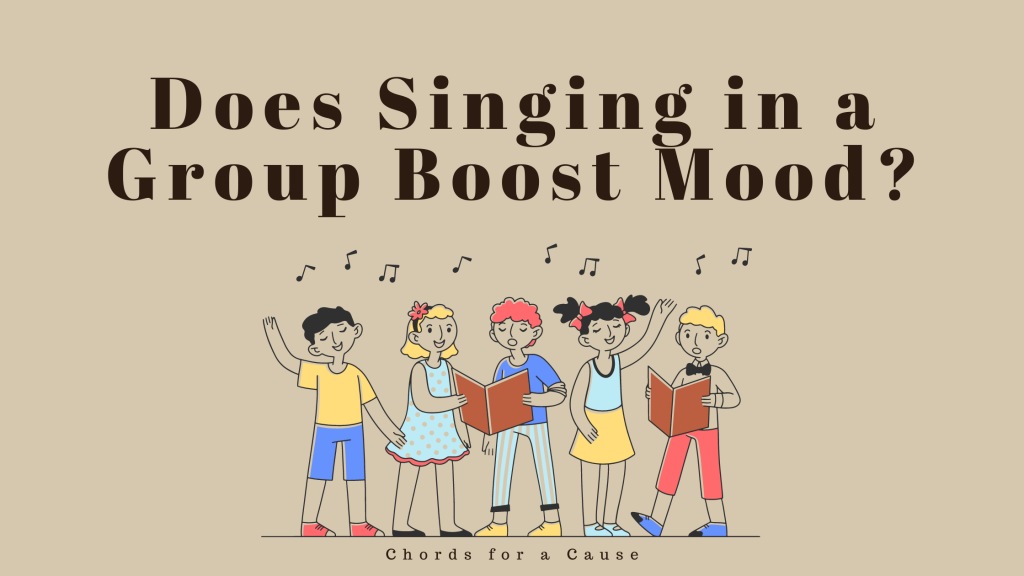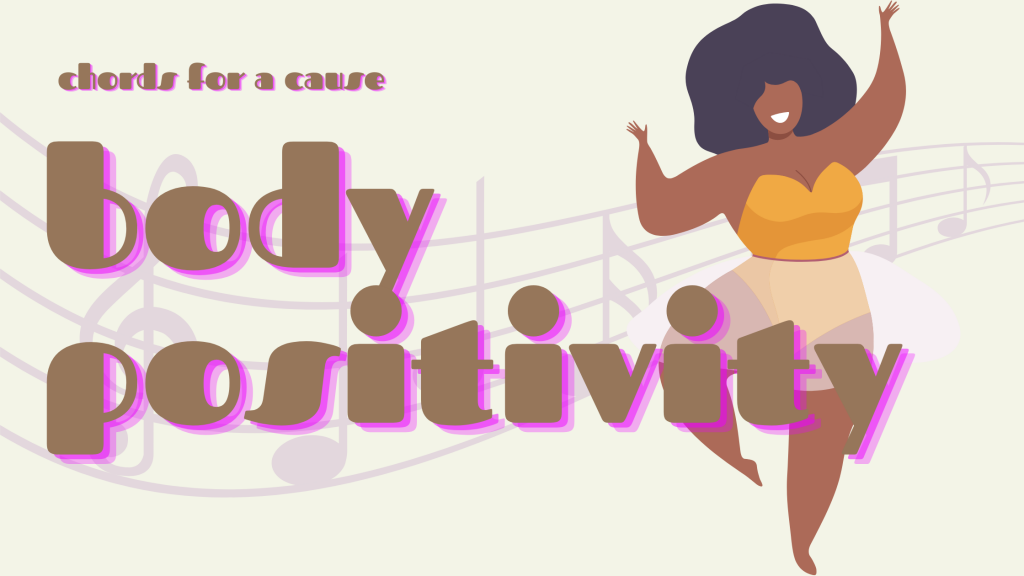Music Therapy: A Harmonious Path to Healing PTSD Among Veterans
Imagine a scene where a soldier, weary from the battlefield, finds solace in the soft strumming of a guitar or the gentle notes of a piano. This isn’t just a scene from a movie; it’s a growing reality for many veterans who are turning to music therapy to help manage the symptoms of post-traumatic stress…
Read more


